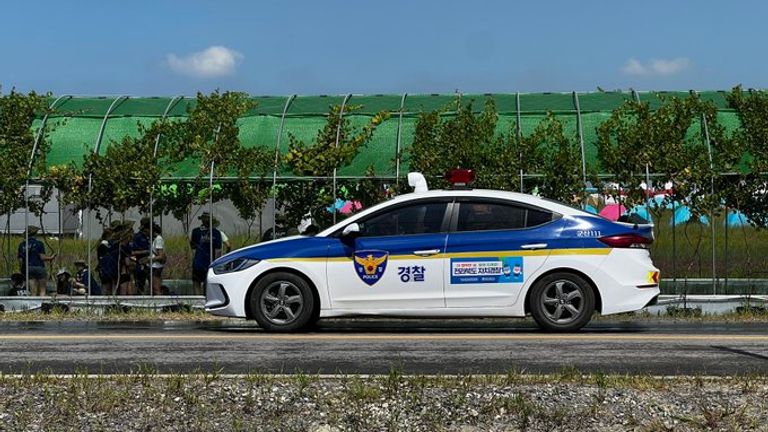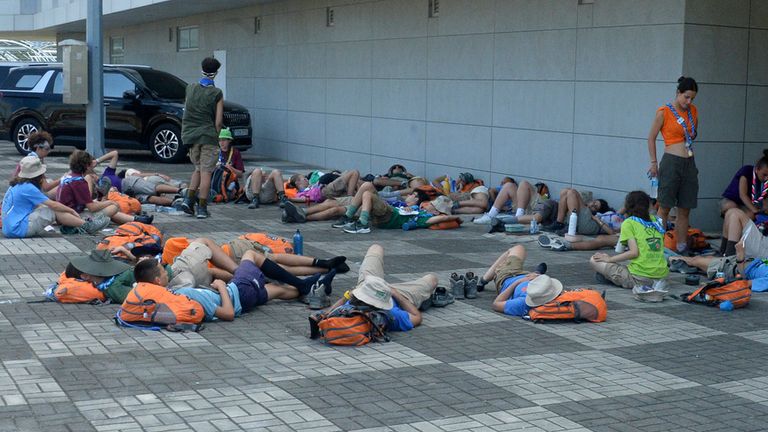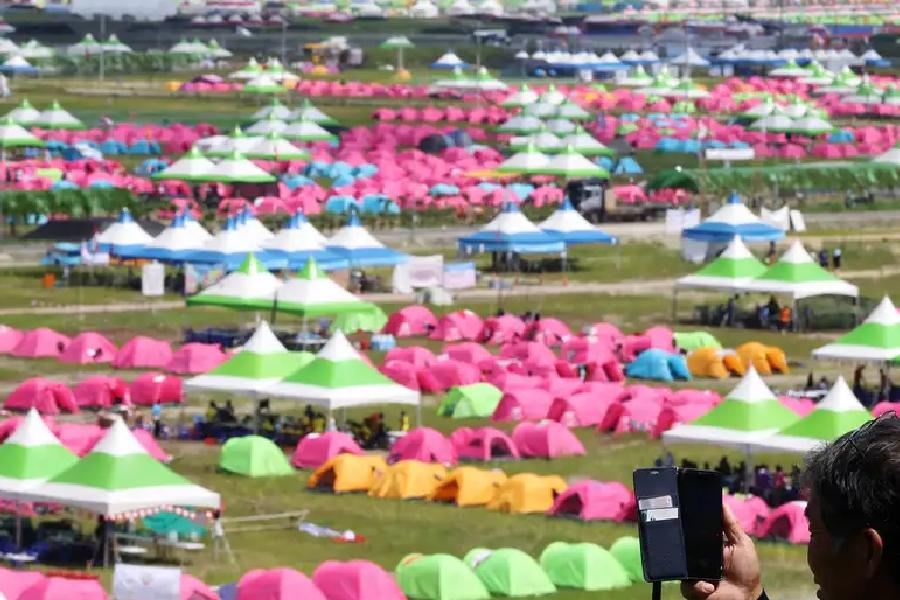Myanmar prison guards torture inmates marking Martyrs’ Day
2023.08.04
 Police guard Tharyawady Prison on Aug. 4, 2015.
Police guard Tharyawady Prison on Aug. 4, 2015.Prison guards at Myanmar’s Thayarwady (Tharyawaddy) Prison have beaten 31 inmates for marking the country’s Martyrs’ Day and four are being treated for their injuries in the prison hospital, sources told RFA Friday.
Prisoners held a saluting ceremony on July 19, while women inmates wore black ribbons, said the sources close to the prison who didn’t want to be named for security reasons.
They said 16 men and 15 women have been locked up since then.
Martyr’s Day marks the July 19, 1947 assassination of nine Myanmar independence leaders, shot dead by members of a rival political group while holding a cabinet meeting in Yangon. The victims were Prime Minister Aung San, Minister of Information Ba Cho, Minister of Industry and Labor Mahn Ba Khaing, Minister of Trade Ba Win, Minister of Education Abdul Razak, and Myanmar’s unofficial Deputy Prime Minister Thakin Mya.
Less than six months after the end of British rule, the date of their assassination was designated a national holiday. It is marked annually by both the military regime and pro-democracy groups.
The prison ceremonies are thought to have been organized by Than Toe Aung, head of Yangon region’s Thanlyin township Youth Group of the National League for Democracy, the party which won a landslide victory in 2020 elections before being ousted by the military.
Than Toe Aung was hospitalized after interrogation, along with three others, Thaik Tun Oo, an official of the Myanmar Political Prisoners Network told RFA.
“Three days after Than Toe Aung was admitted to the hospital, three more were also admitted,” he said.
“We can confirm that they were severely beaten. Than Toe Aung is in critical condition. I heard he would be put in a locked cell after medical treatment.”
He added other political prisoners who have been locked in dark, cramped cells after interrogation include male dormitory inmates Yan Naing Soe; Hla Soe; Sote Phwar Gyi; Tarmwe Ko Zwel; ‘Dr Joe’; O Be; and a Letpantan township Civil Disobedience Movement captain who wasn’t named.
Women’s dormitory inmates who are still locked up after interrogation include Hnin Lae Nanda Lwin; Shun Ei Phyu; Nilar Sein; Su Yi Paing; Wut Yi Lwin; Aye Thida Kyaw; Yi Yi Swe; Lwin Lwin Nyunt; Sandi Nyunt Win; Aye Thet San; Shwe Yi Nyunt; Ya Min Htet; Htoo Htet Htet Wai; Myo Thandar Tun; and Moe Myat Thazin, according to the prisoners network official.
Another source close to the Tharyawady Prison told RFA other political prisoners are protesting against the locking up of their fellow inmates by boycotting the prison shop.
RFA contacted the Naypyidaw-based Prison Department by phone to get its comments on the case but there was no response.

There has been a series of brutal beatings and killings by prison guards since a jail break three months ago at the prison housing Myanmar’s ousted president, Win Myint.
On May 18, nine inmates escaped from Bago region’s Taungoo Prison, grabbing guns from prison guards and escaping into the jungle where they were met by members of a local People’s Defense Force.
Since then, political prisoners at Bago’s Thayarwady and Daik-U Central prisons and Myingyan Prison in Mandalay region have been beaten to death during interrogation or killed during ‘prison transfers’, according to family members and sources close to the prisons, who all requested anonymity to protect prisoners and their relatives.
More than 24,000 people, including pro-democracy activists, have been arrested since the Feb.1, 2021 coup, according to the Thailand-based Assistance Association for Political Prisoners (Burma). It says almost 20,000 are still being detained across Myanmar.
On August 1, 254 prisoners, including some political prisoners in Tharyawady Prison were released by the junta’s amnesty. But sources close to the prison say as many as 900 political prisoners are still being held there, awaiting trial.
Translated by RFA Burmese. Edited by Mike Firn and Taejun Kang.
.jpg)

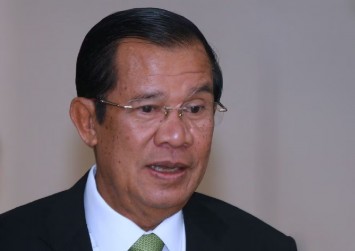
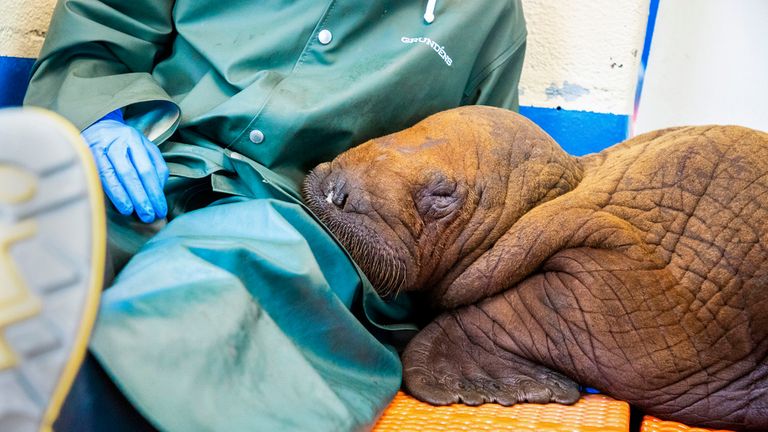


/cloudfront-ap-southeast-2.images.arcpublishing.com/nzme/QCJHQTAFFFDDJEIPFZGBEE7JDA.jpg)
/cloudfront-ap-southeast-2.images.arcpublishing.com/nzme/PCT67HLQUVETBKSLS5U6567BCY.jpg)
/cloudfront-ap-southeast-2.images.arcpublishing.com/nzme/QNOGVC6M5JGXFPTDCE64T75OJE.jpg)




